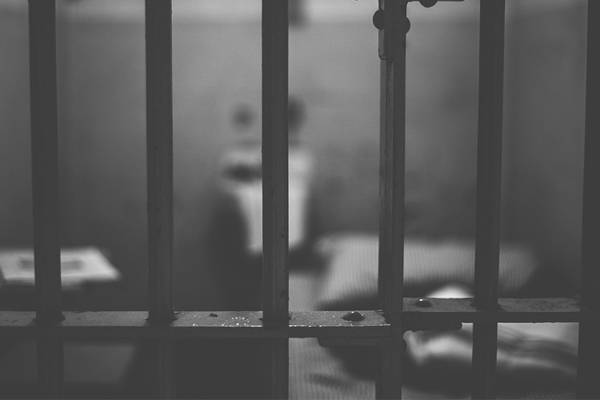South Africa’s budget for Correctional Services is R25,4 billion. The budget for Basic Education is R24,5 billion. What a shame that the investment in our youth, the future of our country, is a staggering R0,9 billion less than the money poured into prisons that house criminals.
The government would do well to take these words by Benjamin Franklin to heart: “An investment in knowledge always pays the best interest”. Chapter 2 of South Africa’s Constitution makes provision for the right of every child to have access to basic education and to receive education in the language of their choice.
Education and training must prepare the youth to enter the labour market. And yet research has found that 80% of the learners who leave school are not adequately trained or prepared for the workplace. There are various reasons for this:
• The curriculum design approach is not educationally and socially accountable and the curriculum does not offer enough opportunities to develop the skills that our modern society requires.
• Curricula are not politically neutral and reflect specific political ideologies.
• When South Africa became a democracy, educational authorities advocated for radical and revolutionary changes in education rather than gradual evolutionary changes. had a detrimental effect on generations of young people.
• The disregard for mother-tongue instruction contributes to poor academic performance and the high drop-out rate.
The fact that Afrikaans and English-speaking learners are educated in their mother tongue is probably the reason why a greater percentage of these learners remain in school from grade 1 to grade 12. Even on tertiary level mother-tongue education has quantifiable advantages.
Early childhood development is extremely important and should be the responsibility of the Department of Education and not the Department of Social Development.
An international survey (The Progress in International Reading Literacy Study) found that eight out of ten South African learners cannot read properly and that 78% of grade 4 learners do not comprehend what they read. In the survey, South Africa came last out of 50 countries. Reading skills must be improved and that once again puts the focus back on mother-tongue education.
Schools are too full and there is a lack of discipline among learners and educators. According to the Human Rights Commission (HRC), protest actions also have a further negative impact on education. An example is Limpopo where 26 schools were burned down up until 2016 and it affected 10 233 learners.
The FF Plus, thus, tabled a private member’s bill with the aim of prohibiting protest actions or marches from taking place within a radius of 500m from schools and other places where minors might be present.
The ANC government is to blame for the chaos in the country’s basic education system. The country’s children are its most valuable assets and not political playballs.
Read the original article in Afrikaans by Fanie du Toit on FF Plus
South Africa Today – South Africa News












